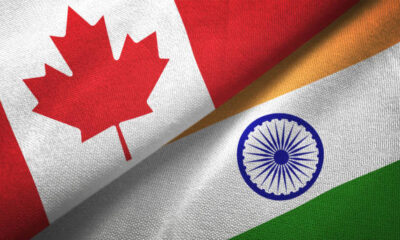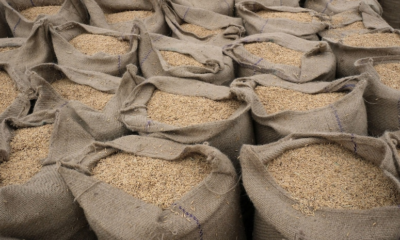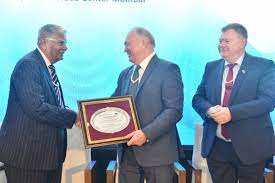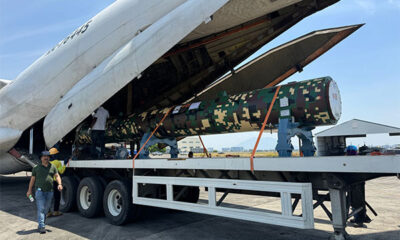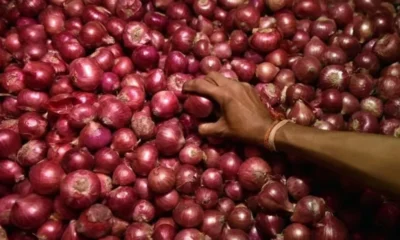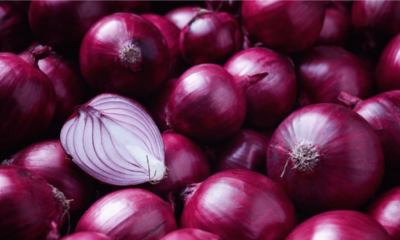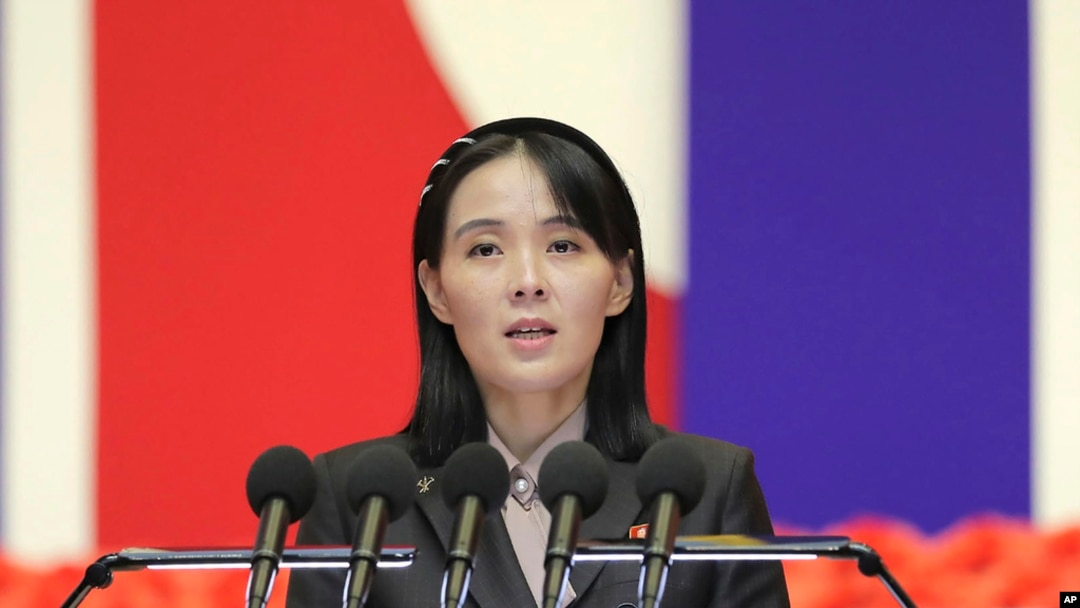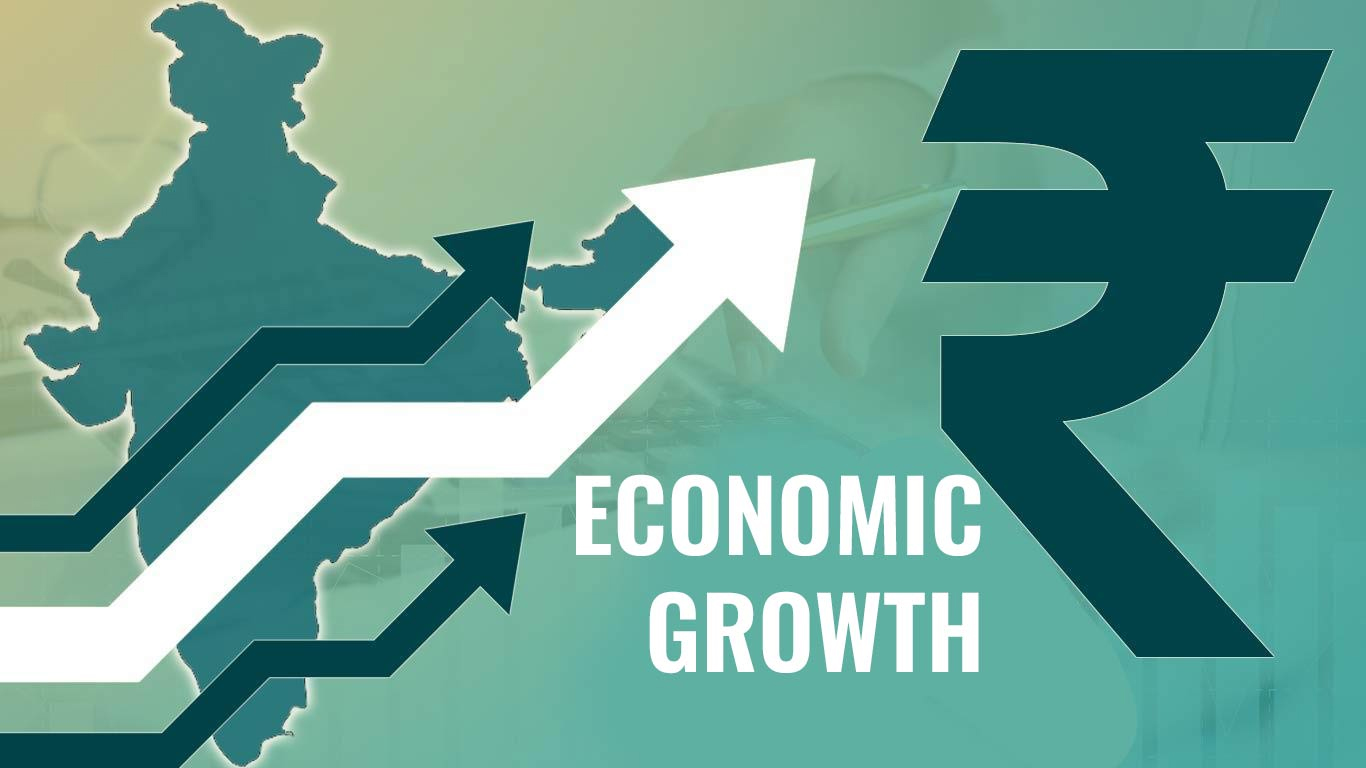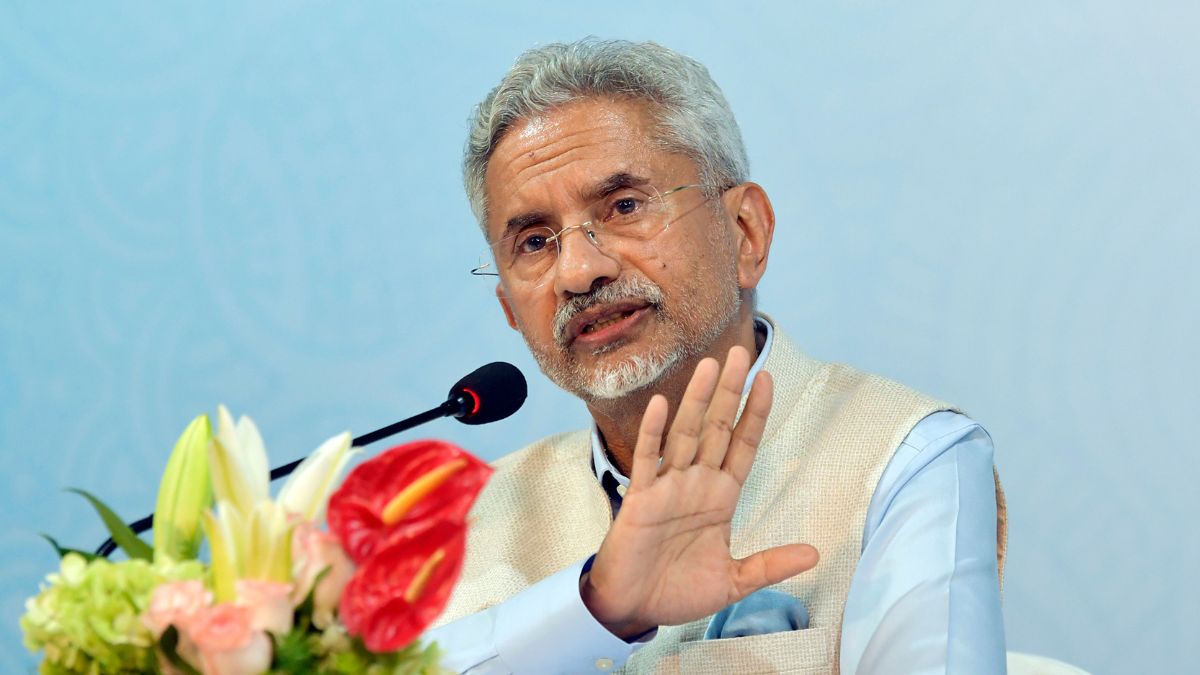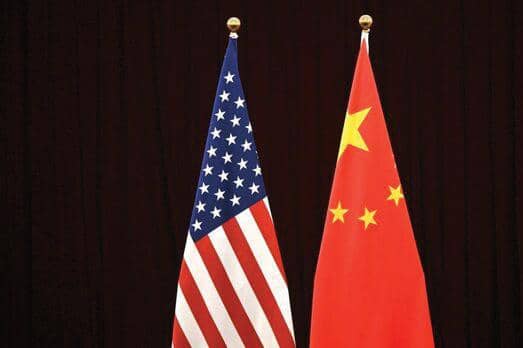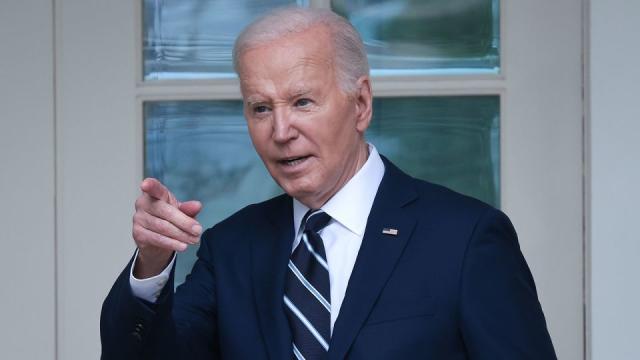The DGFT notification restricts essential commodities export to the Maldives to four designated customs stations, emphasizing India’s control over goods flow amid diplomatic tensions.
In the wake of diplomatic strains between India and the Maldives, India has implemented stringent port restrictions on the export of essential commodities to the island nation. The move comes following a notification issued by the Directorate General of Foreign Trade (DGFT), which outlines specific customs stations through which exports to the Maldives will be permitted.
As per the DGFT notification, the export of essential commodities to the Maldives will now be exclusively allowed through four designated customs stations: Mundra Sea Port, Tuticorin Sea Port, Nhava Sheva Sea Port, and ICD Tughlakabad. This decision underscores India’s efforts to regulate the flow of goods to its neighboring country amidst ongoing diplomatic tensions.
The recent development follows an unusual bilateral mechanism initiated on April 5, amidst escalating diplomatic discord between India and the Maldives. Under this mechanism, India granted approval for the export of predetermined quantities of essential commodities for the fiscal year 2024-25, in response to a request from the Maldivian government.
Significantly, the approved export quantities mark a historic high since the inception of the bilateral trade agreement between India and the Maldives in 1981. This agreement, signed over four decades ago, facilitated the export of essential commodities between the two nations.
Key highlights of the recent export approvals include a substantial increase in quotas for crucial construction materials such as river sand and stone aggregates, essential for the booming construction sector in the Maldives. The quota for these materials has been augmented by 25 percent, amounting to 1,000,000 metric tonnes.
Additionally, quotas for essential food items including eggs, potatoes, onions, sugar, rice, wheat flour, and dal (pulses) have witnessed a 5 percent increase. Despite a global ban on the export of rice, sugar, and onions from India last year, exports of these items to the Maldives have continued unabated.
In a statement reaffirming India’s commitment to supporting human-centric development in the Maldives, the Indian High Commission in Maldives emphasized the significance of India’s ‘Neighbourhood First’ policy. This policy framework underscores India’s prioritization of fostering strong ties and collaboration with its neighboring countries.
However, relations between India and the Maldives have experienced strain in recent times, particularly since President Mohamed Muizzu assumed office. Criticisms of New Delhi during and after the presidential polls have contributed to the diplomatic tensions between the two nations.
In a recent development, President Muizzu confirmed the departure of Indian military personnel from the Maldives, with the final batch expected to leave by May 10. This move comes amidst efforts to address concerns over the presence of foreign troops in the Maldives, as highlighted by President Muizzu.
The withdrawal of Indian troops from the Maldives is being conducted in accordance with diplomatic norms and principles, as reiterated by President Muizzu. The departure of Indian military personnel signifies a significant development in the ongoing efforts to de-escalate tensions and foster constructive bilateral relations between India and the Maldives.
The implementation of port restrictions on essential commodities export to the Maldives underscores India’s strategic approach in managing bilateral relations amidst diplomatic challenges. As both nations navigate through these tensions, the focus remains on fostering mutual understanding and cooperation for the collective benefit of the region.
Navigating Diplomatic Challenges: India-Maldives Relations
As India and the Maldives navigate through diplomatic challenges, the recent developments underscore the complexities and nuances inherent in bilateral relations between neighboring nations. The implementation of port restrictions on essential commodities export to the Maldives reflects India’s strategic approach in managing the delicate balance between asserting its interests and fostering constructive engagement with its neighbors.
Amidst the backdrop of strained relations, both India and the Maldives are confronted with the imperative of addressing divergent interests while safeguarding mutual interests and regional stability. The departure of Indian military personnel from the Maldives signifies a significant step towards de-escalating tensions and rebuilding trust between the two nations. President Muizzu’s affirmation of the withdrawal process adhering to diplomatic norms underscores the commitment to resolving differences through dialogue and diplomacy.
However, the path towards reconciliation and normalization of relations remains fraught with challenges. The underlying factors contributing to the strained India-Maldives ties necessitate a comprehensive and nuanced approach towards addressing the root causes of discord. President Muizzu’s criticisms of New Delhi during and after the presidential polls highlight the need for proactive diplomacy and engagement to address grievances and build mutual trust.
India’s ‘Neighbourhood First’ policy serves as a guiding principle in its approach towards fostering strong ties with neighboring countries, including the Maldives. The commitment to supporting human-centric development underscores India’s broader vision of promoting regional prosperity and stability through collaborative efforts. Despite the diplomatic strains, India’s continued support for essential commodities export to the Maldives reflects its commitment to bolstering bilateral trade and economic cooperation.
Moreover, the recent increase in quotas for essential commodities signifies a tangible step towards addressing the Maldives’ developmental needs and promoting socio-economic growth. The augmentation of quotas for construction materials and food items underscores India’s responsiveness to the evolving requirements of its neighbor and willingness to facilitate their socio-economic advancement.
As both nations strive to navigate through the complexities of bilateral relations, the emphasis lies on fostering constructive dialogue and engagement to overcome existing challenges. Building trust and confidence through sustained diplomatic efforts is paramount in laying the foundation for a mutually beneficial relationship based on shared interests and cooperation.
Looking ahead, the onus lies on both India and the Maldives to harness the potential for collaboration across various sectors, including trade, security, and development. By leveraging their respective strengths and resources, both nations can unlock new opportunities for growth and prosperity while mitigating potential sources of friction.
In a nutshell, while the recent developments underscore the existing tensions and challenges in India-Maldives relations, they also present an opportunity for renewed engagement and reconciliation. By prioritizing dialogue, cooperation, and mutual respect, both nations can overcome differences and forge a path towards a more stable, prosperous, and mutually beneficial relationship. As they navigate through the complexities of bilateral ties, the shared commitment to regional stability and prosperity should guide their efforts towards building a resilient partnership rooted in trust and cooperation.
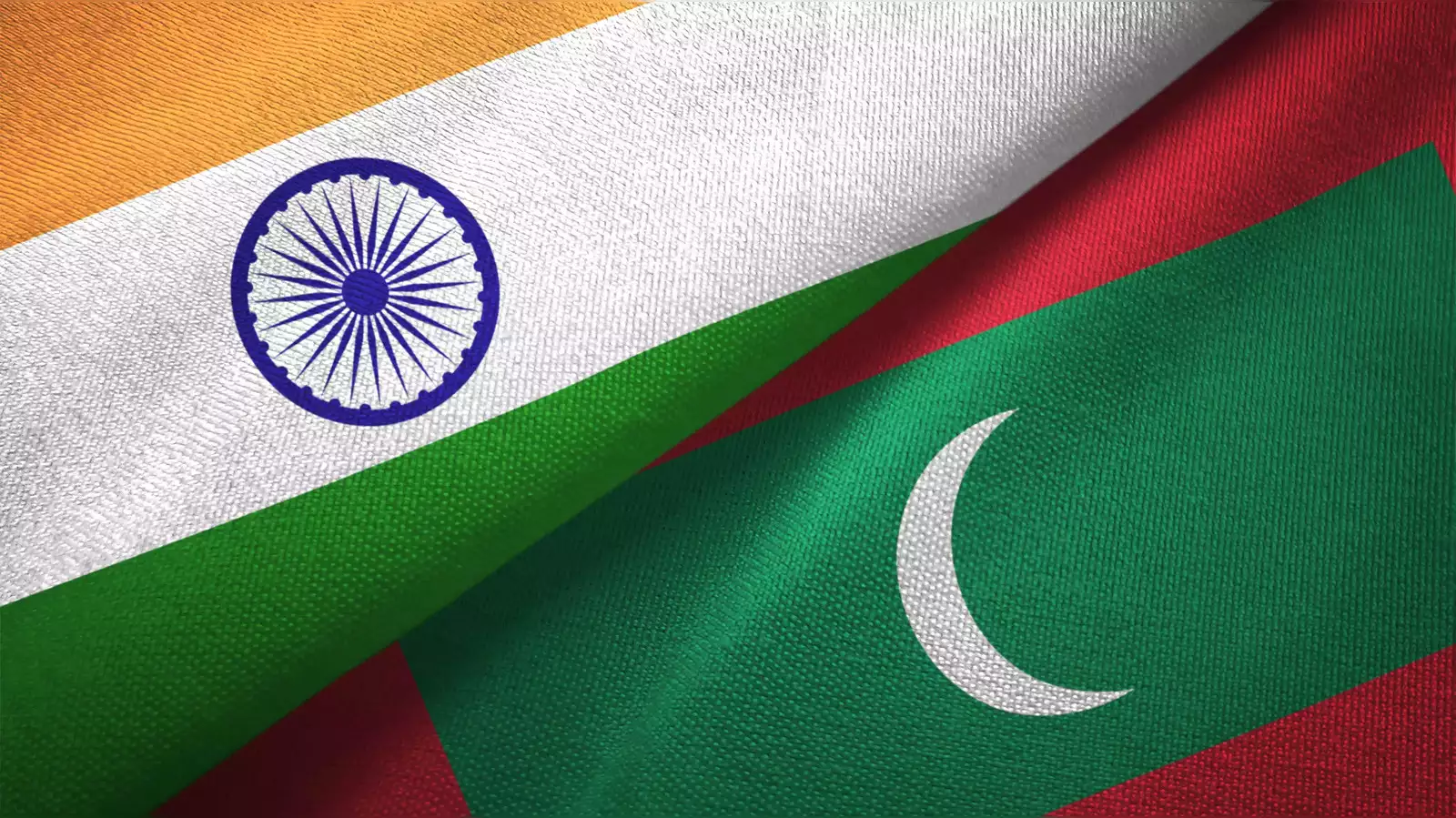

 Opinion3 years ago
Opinion3 years ago
 Entertainment8 years ago
Entertainment8 years ago
 Entertainment8 years ago
Entertainment8 years ago
 Fashion8 years ago
Fashion8 years ago
 Opinion4 years ago
Opinion4 years ago
 Entertainment8 years ago
Entertainment8 years ago
 Politics8 years ago
Politics8 years ago
 Entertainment8 years ago
Entertainment8 years ago
